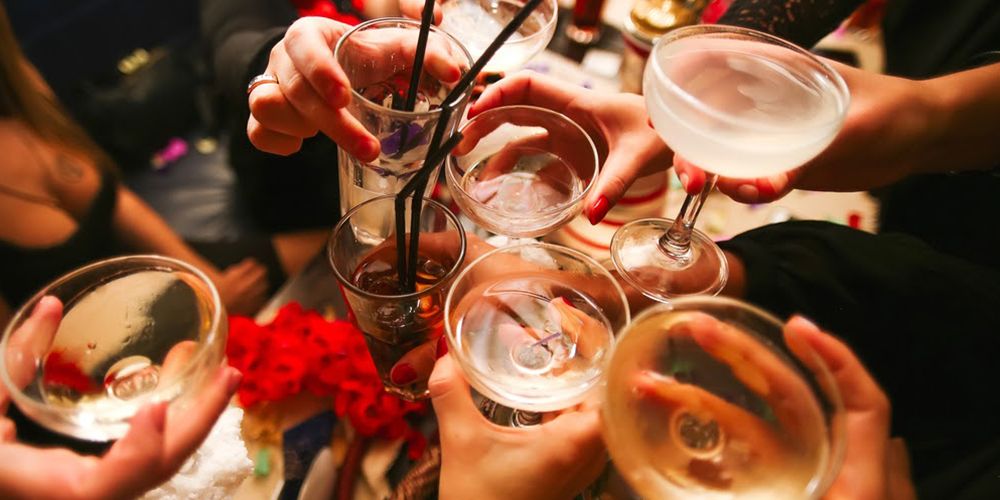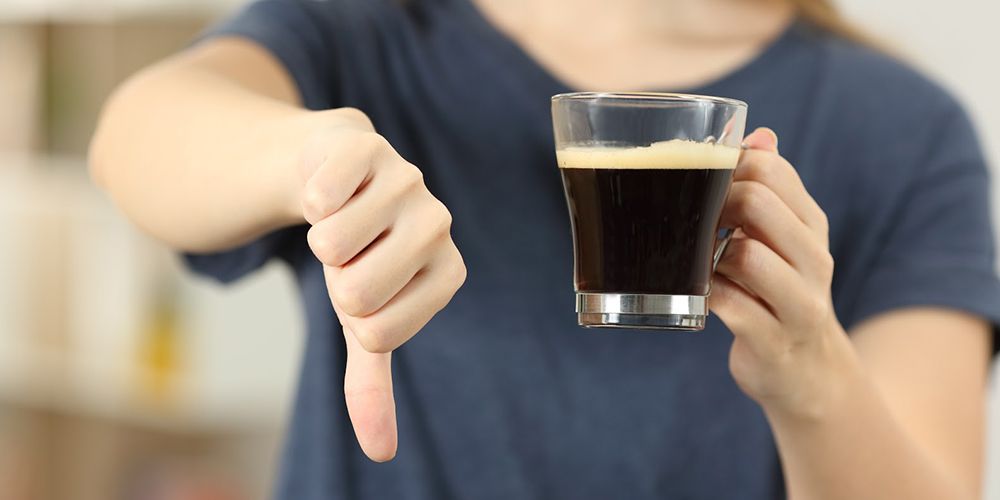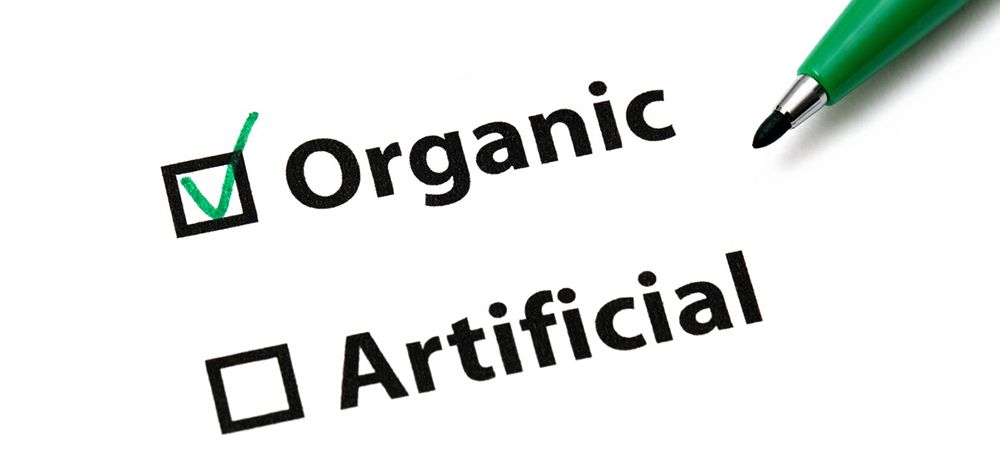Someone suffering from anxiety might not take diet into consideration, but they should. What you choose to eat and drink is what comprises your entire body. In a year and a half, every single cell is reproduced. And it’s only through the raw materials that you consume that this is made possible.
What does that mean for anxiety? Well, food and beverages can have a profound effect on your energy levels, hormone levels AND mental state. Here is a little closer look at certain types of foods and beverages that have the most impact. And you might have never paid attention to this, but it could very well make a light go on in your head.
If so, the best-case scenario is you make some changes and are able to rid yourself of anxiety for good.
Simple Sugars
A food high in simple sugars is the same as a simple carbohydrate. These foods are low in fiber, low in nutrients and they cause a fast rise in blood sugar levels. The end result is an equally fast rise in insulin, which causes metabolism to slow down and the body holds on to stored fat instead of using it for energy.
But another situation occurs that has an effect on the brain. The mood-enhancing hormone serotonin is released and then drops quickly. Once it plummets, it can cause you to become anxious or depressed.
Foods that are sugary and “white” cause this phenomenon to happen faster than other foods. These would include white bread, bagels and rolls, crackers, crusts, croissants, cakes, cookies, candy bars and any beverage that is high in sugar.
Needless to say, it is best to avoid said foods to keep your anxiety in check, and also to promote better overall health. Because in reality, simple carbs are just not good for you. They raise the risk for diabetes, hypertriglyceridemia and metabolic syndrome.

Alcohol
As mentioned previously, sugary beverages like sweetened tea, soda and processed fruit drinks can have a negative impact on your weight and anxiety levels. But they arguably don’t do as much damage as alcohol.
Not only is alcohol high in calories, but it also sails your blood sugar levels into the sky. Even beer and other beverages that don’t necessarily have a sweet flavor. As soon as you consume them, they quickly convert to sugar and cause the insulin spike associated with simple carbs.
The end result is a happy feeling at the onset, then a very unhappy one after you’re several drinks into the night. Then when the next day comes, you often feel miserable. That’s why alcohol is known as a depressant.
Plus, alcohol is a mind-altering drug. If you already have problems with anxiety, it is probably the worst beverage you can drink. Not only does it play a number on your blood sugar and insulin levels, but it also throws your other hormones way out of balance—namely human growth hormone (HGH) and testosterone.
These hormones are key for energy, mood regulation and metabolism. If they drop sharply and stay low, which happens when you drink for an extended period of time, you can end up anxious and also quickly gain weight.
So then you have to worry about the calories and hormonal effect, which is a one-two punch for weight gain.

Caffeine
Coffee is one of the most popular commodities in the world, next to oil. Some people cannot exist if they don’t have their morning cup of joe. And it stems from the stimulant effect that coffee has to offer, which is made possible through the caffeine content.
However, there is a rub to all of this. After continual use, the body tends to get addicted. Then when you are not able to have your morning cup of coffee for one reason or another, your anxiety levels go off the charts.
And that’s only one cup. There are some people who are serial drinkers and consume five or more cups a day. If they were to refrain from having their coffee, the effect is even greater.
It doesn’t matter if it’s coffee either. Any beverage that contains caffeine can have this effect, such as tea, energy drinks and caffeinated pre-workout formulas.
Then you have those who are sensitive to caffeine right from the start. Sometimes they will have a beverage to get a lift in the afternoon and they’ll feel this massive surge of energy. Then once it wears off, they are met with a major episode of jitters and anxiety.
High-fat Foods
Deep-fried and pan-fried foods, and foods high in saturated fat can all have an impact on anxiety levels because they are also high in calories. If you are watching your weight, you might get stressed out and anxious.
Also, the impact after you eat them can lead you to feelings of guilt and anxiety. So it’s a two-pronged negative outcome.

Artificial Ingredients
A lot of sugar-free foods and beverages contain artificial sweeteners, colors and flavors. Although the verdict isn’t completely out, there is a good chance that these ingredients can lead to headaches and anxiety.
At the very least, they are not natural. Your body has to process this stuff, but it does not recognize it. In turn, it has to go through a harder process to break it all down. Not only can this have an impact on your organs, but it can also have a neurotoxic effect that leads to moodiness, anxiety and depression.
It is best to avoid all of these contaminants altogether, or at least cut your intake way back.
Final Note on Food
It should also be mentioned that you can make something unhealthy just by thinking it is. For example, if you think kale is not good for you because you heard it has oxalates in it, you can increase your anxiety levels before you eat it. In this case, a commonly healthy food suddenly becomes unhealthy.
At the end of the day, you are always best to not stress over known healthy foods and just avoid the ones that you know are harmful.



